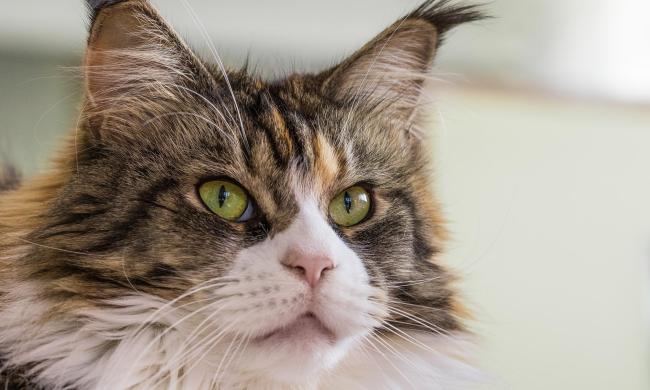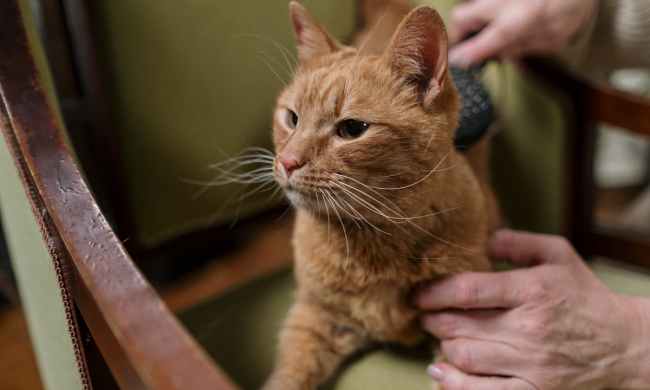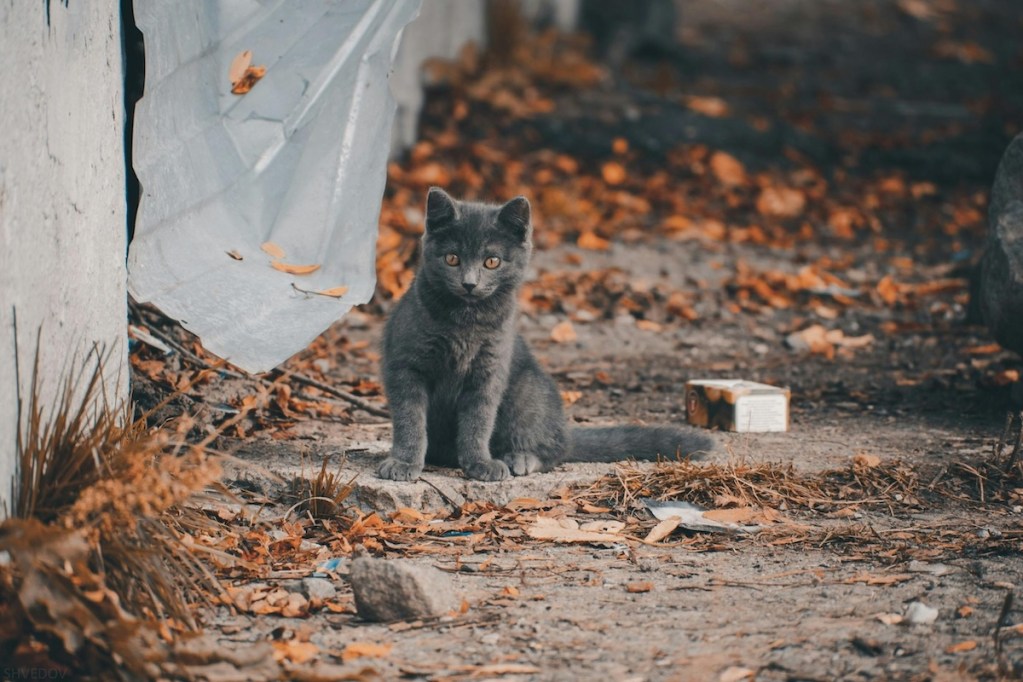
Cats are famous for being tidy little creatures. They meticulously groom their fur, giving themselves tongue baths daily. Indoor or indoor/outdoor cats take pride in using their litter boxes. Given their noble commitment to top-notch hygiene, you may assume your feline friend would avoid dirt at all costs. Yet, you may peer out the window one day and be surprised to see your kitty rolling around in the dirt — and looking happy as a pig while doing so.
Cats love throwing us for loops almost as much as they love grooming themselves, don’t they? That question was rhetorical. This one is not: Why do cats roll in dirt? There are several reasons why your cat may be taking a dust bath, ranging from “just for fun” to an attempt to boost digestive health (seriously). Here’s the dirty truth about why your cat rolled in dirt.
Why do cats roll in dirt?
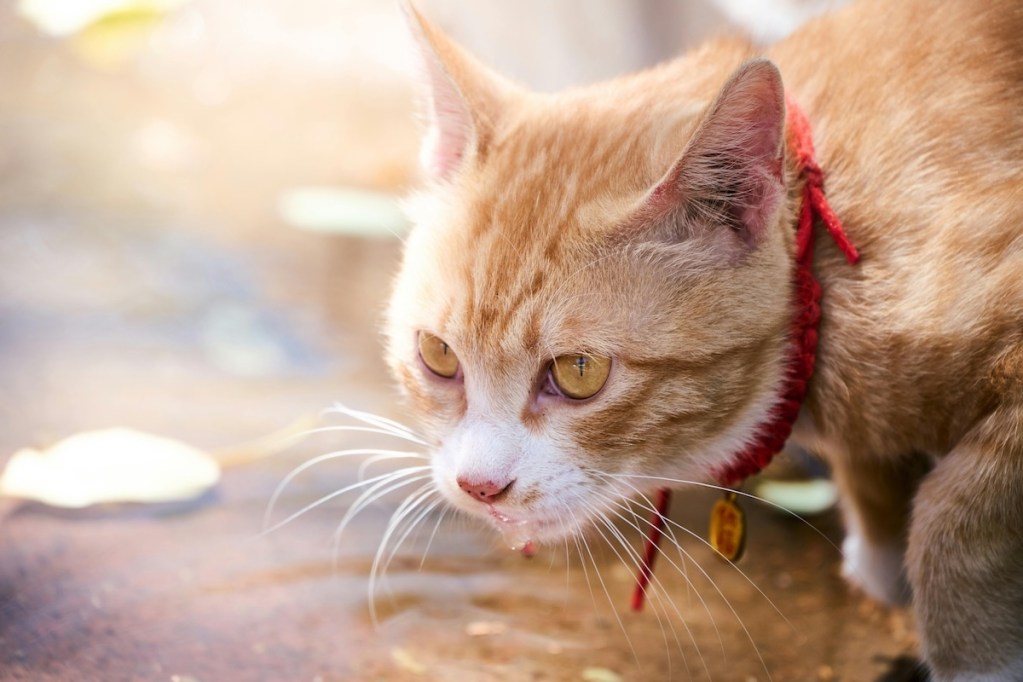
There’s no one-reason-fits-all answer to this question. Instead, cats may roll in the dirt for several reasons. Consider your cat’s health, hygiene habits, general behavior, and recent environmental factors that may be in play when pinpointing why your cat took a dust bath.
Your cat is territorial
Besides a commitment to hygiene, cats are also known for being territorial. Cats have scent glands in their paws, face, and tail. They release pheromones onto an area, like the dirt. This hormone release lets other animals know the space belongs to the cat. In other words, predators and other kitties should back off.
This trait isn’t a cat’s way of being mean or selfish. Instead, a feline’s territorial nature is protective, especially if they live outside full-time or part-time (indoor cats can also be territorial of litter boxes, food dishes, and favorite perches).
Itchy
If your cat has an itch it can’t scratch, it may roll around. If dirt happens to be there, so be it. Desperate times call for desperate measures. Sometimes, this itchiness can result from fleas and mites, so inspect your kitty’s fur.
Cooling off
Sunbathing can be a cat’s favorite pastime; however, sometimes, all that “splashing” in sun puddles can leave a cat feeling rather hot, especially if you live in a warmer climate or are experiencing a heat wave. Dust bathing can help a cat cool down by lowering their body temperature because the top layer of soil is often cooler than other areas of the ground.
Digestive health concerns
Dust bathing may help kitties digest their food better. Stick with us. Cats use bacteria to digest food (like probiotics). When a cat rolls in dirt, they pick up bacteria. Then, they clean themselves off and consume that bacteria-laden dirt in the process. The bacteria adds to a feline’s gut flora, ensuring your kitty stays regular and healthy.
Hormones
Females in heat may roll around in the dirt to attract a mate. While a dirty kitty may not seem attractive to you, dust baths are apparently part of the art of seduction in the feline world. Remember, cats can only go into heat if they aren’t spayed.
Playtime
Like playful toddlers, some cats consider rolling in the dirt a blast. Sure, kitties are generally known for being highly hygienic, but cats are different. Some cats love digging and rolling in the mud, especially if they see fun natural toys like sticks and leaves.
They feel safe
Rolling in the dirt involves exposing their bellies, something many cats are scared of. If a cat is comfortable enough to take a dust bath and twist into belly-up positions, it may feel safe and secure. Consider it a compliment.
They went catnip crazy
Rolling around is a common behavior after consuming a ton of catnip. Your kitty may have gotten into your stash. Catnip can also be grown, so your cat may have nibbled on the neighbor’s (and yours). Cats rolling in the dirt after consuming catnip may do so for about 10 minutes before staring into space.
Attention-seeking behavior
Your kitty may be rolling in the dirt as a way to catch your eye. While cats have an often unfair reputation for being antisocial, many felines enjoy at least some attention and human interaction. A dust bath is an excellent way to get you to do a double-take.
Covering their scent
Your kitty may be trying to go incognito. A cat may roll in the dirt to cop a different smell and protect themselves from potential predators. Alternatively, they may be trying to rid themselves of a scent on their fur they don’t like.
How to get your cat to stop rolling in the dirt
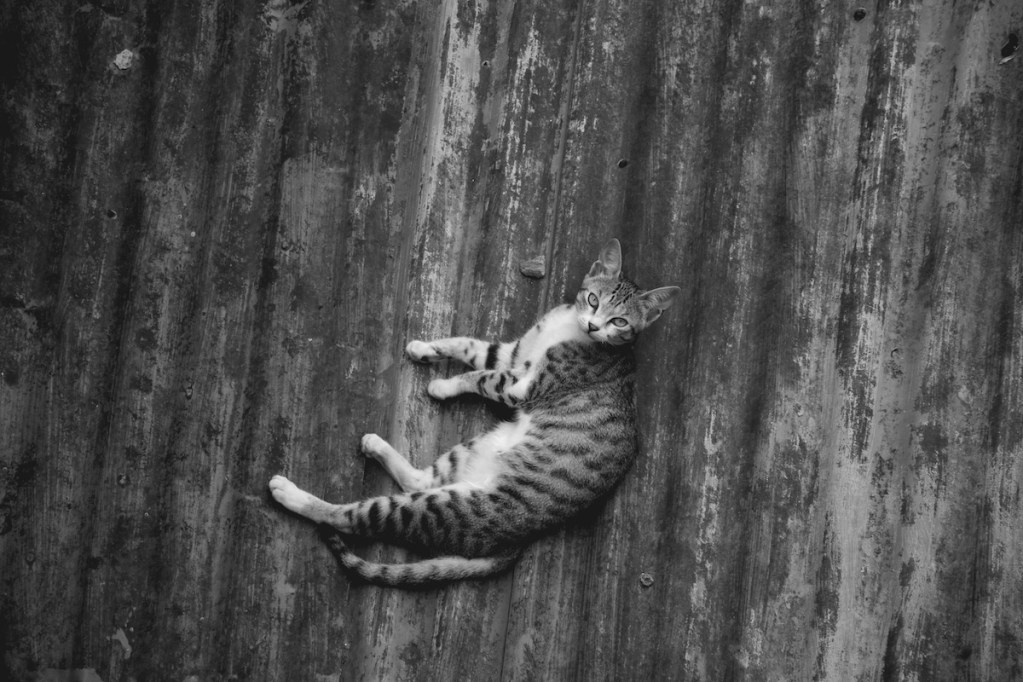
You know why your cat is rolling in the dirt, but you may still want to stop the behavior. How? Again, the solution depends on the reason, but some common ways to get your cat to ditch the dust baths include:
- Spaying female cats
- Taking your cat to the vet to check for underlying conditions or fleas
- Limiting baths to once per month or every other month to allow bacteria to stay on the fur
- Moving your cat indoors full-time
- Laying off the catnip
- Giving your cat toys and attention
Final thoughts
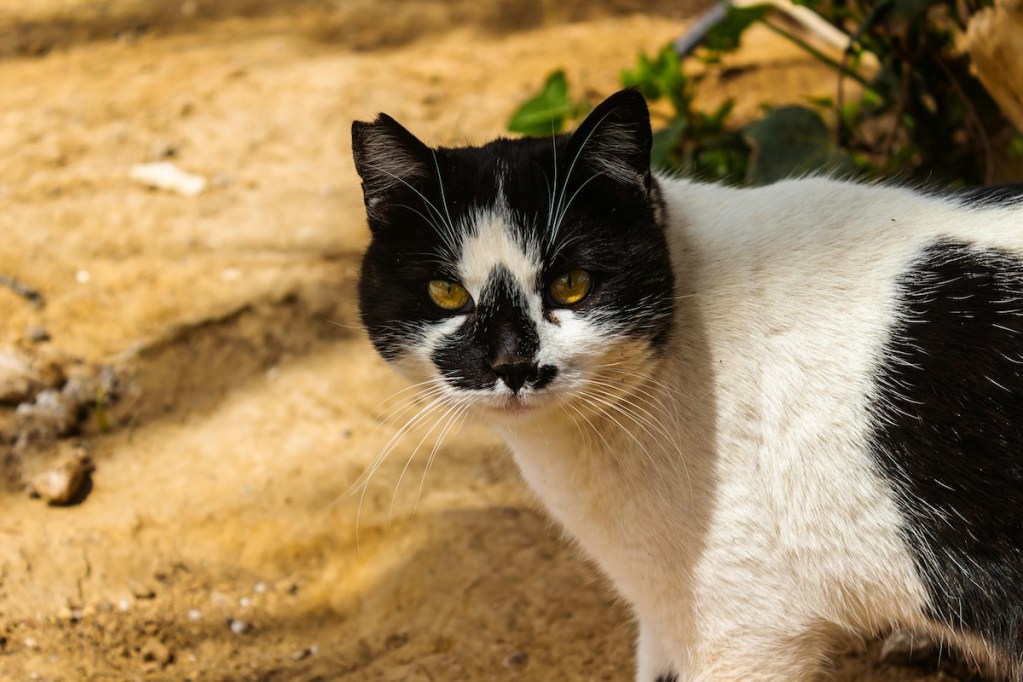
Cats are generally very clean, so you may be surprised to see your pet rolling in the dirt. There are many reasons a cat might display this behavior. Sometimes, cats do so because they feel safe or playful. Other times, a dust bath could signal you need to cut down on the number of times you bathe your kitty per month. Speaking with your pet’s vet can help you rule out underlying issues. The vet can also share advice on how to stop your cat from rolling in the dirt.

